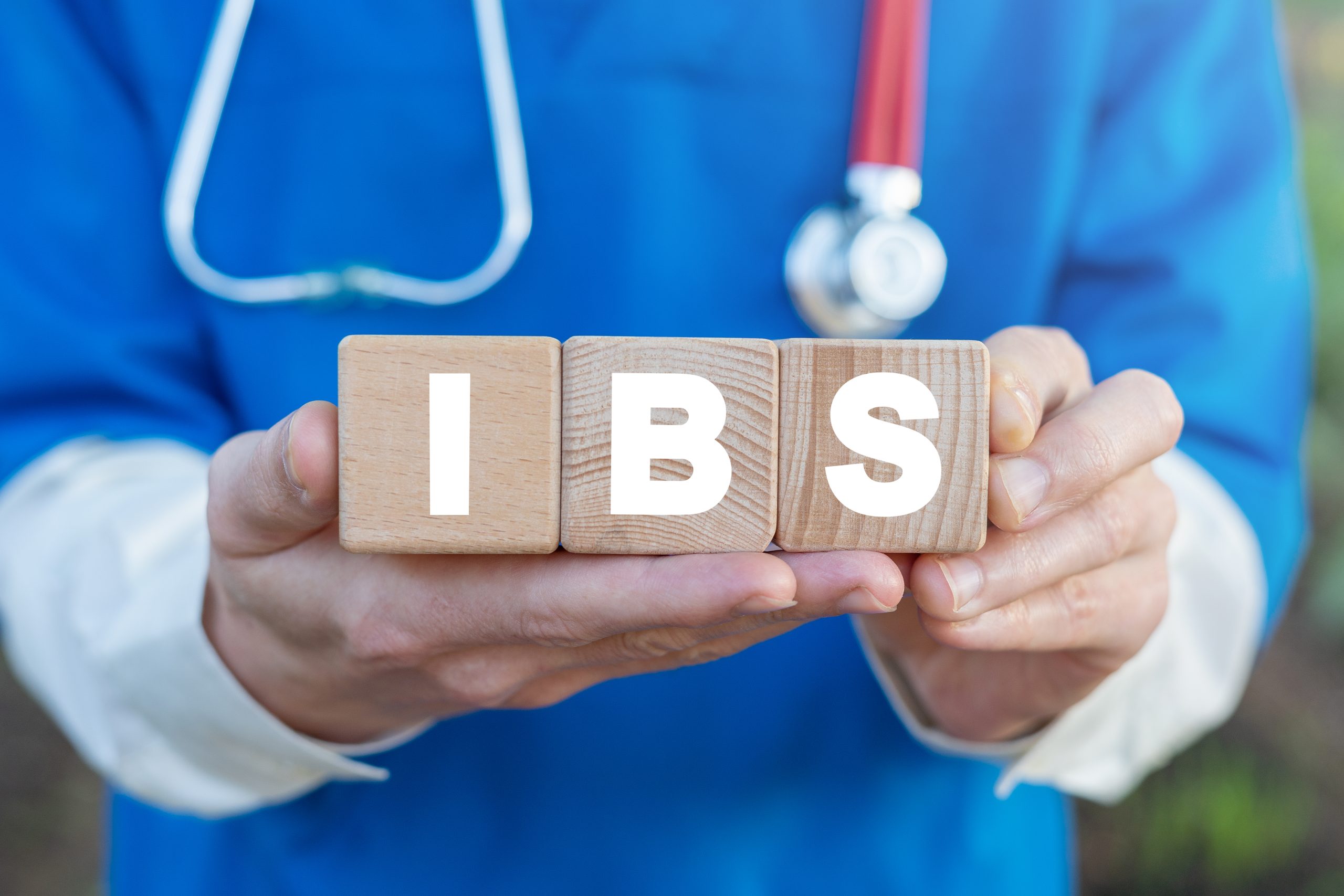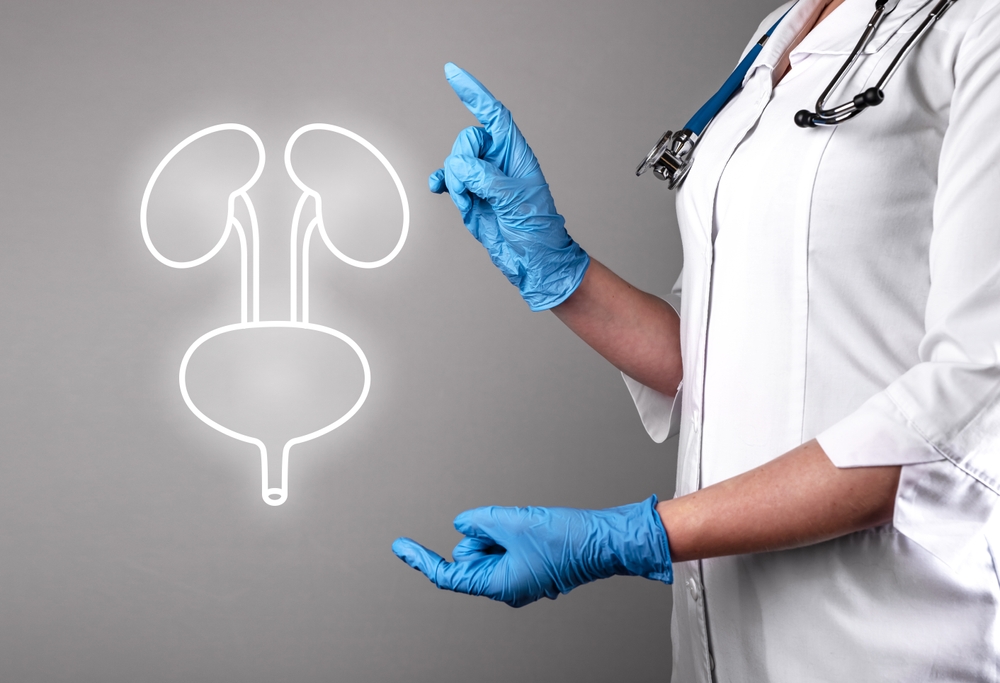Irritable Bowel Syndrome (IBS) is a common gastrointestinal disorder that impacts the large intestine, leading to symptoms such as bloating, cramping, and changes in bowel movements. If you’ve ever asked yourself, “Do I have IBS?” It’s important to understand the main signs, symptoms, and triggers. You can take the necessary steps toward managing your symptoms by recognizing these key elements and understanding how doctors diagnose IBS.
Do I Have IBS? Check These Symptoms!
The symptoms of IBS can vary from one individual to another. However, some are more common and are considered key indicators of the condition. Abdominal pain, often relieved by a bowel movement, is one of the most prominent symptoms of IBS. Many people also experience significant bloating and gas, which tends to worsen after meals. Changes in bowel movements are another hallmark of IBS, and these can include diarrhea, constipation, or alternating between both.
If these symptoms occur frequently and disrupt your daily life, it’s worth considering the possibility of IBS. Consulting a doctor can help you confirm whether these symptoms align with a diagnosis of irritable bowel syndrome.
Identifying IBS: Common Signs to Know
One of the main challenges in identifying IBS is that its symptoms often overlap with other gastrointestinal conditions. Persistent abdominal discomfort that fluctuates with bowel movements, paired with chronic bloating, are common signs of irritable bowel syndrome. People often report alternating episodes of diarrhea and/or constipation, making it difficult to maintain regular bowel habits.
IBS is typically broken up into three categories: (1) IBS-diarrhea; (2) IBS-constipation; and (3) IBS-mixed (meaning mixed pattern of constipation and diarrhea. Symptoms vary between these types but they are unified with the symptom of abdominal pain that is typically relieved by bowel movements. Each of the types is treated differently, focusing on the type of bowels that each individual experiences.
Patients with IBS-constipation should first focus on treating constipation. Patients with IBS-diarrhea may benefit from dual anti-histamine blockers. Blocking anti-histamines can reduce symptoms of abdominal pain, diarrhea, and urgency. Solamyn is a medication that combines two anti-histamines for this very purpose.
If you’re asking, “How do I know if I have irritable bowel syndrome?” you should consider how long your symptoms have persisted and whether they’re improving with lifestyle changes. IBS symptoms usually persist for at least three months and often come and go. Consulting a doctor is essential to confirm whether IBS is the cause of your discomfort, especially if symptoms continue despite home remedies or dietary adjustments.
IBS Diagnosis: What to Look For
Doctors use specific criteria to diagnose IBS, known as the Rome IV criteria. These include recurrent abdominal pain that occurs at least once a week for three months, accompanied by changes in bowel movements or stool appearance. Diagnosis also involves ruling out other gastrointestinal conditions, which is why your doctor may conduct blood tests or order imaging to exclude diseases such as celiac disease or inflammatory bowel disease (IBD).
When wondering, “How do doctors diagnose IBS?” It’s essential to recognize that there is no single test for IBS. The diagnosis is often based on a combination of symptoms and excluding other conditions. If your symptoms align with the Rome IV criteria and other causes have been ruled out, your doctor may diagnose you with IBS and suggest strategies for managing the condition.
IBS Triggers: What You Should Avoid
IBS flare-ups are often linked to specific triggers, which can include certain foods, stress, or lifestyle factors. IBS flare-ups can be unpredictable, but recognizing the warning signs can help you manage them more effectively.
Many people with IBS notice that their symptoms worsen after consuming fatty or fried foods, which can slow digestion and lead to bloating. Dairy products are another common trigger, especially for individuals who are lactose intolerant. Caffeine and alcohol can irritate the digestive tract, leading to cramping or diarrhea. Keeping a food diary to track how your body reacts to different meals is helpful. High-FODMAP foods, such as garlic, onions, beans, and certain fruits like apples and pears, can also contribute to bloating and gas, making it important to limit these foods.
Stress is one of the most significant factors contributing to flare-ups, as the connection between the brain and gut is particularly strong in individuals with IBS. When you experience stress, your body may release hormones that interfere with digestion, leading to increased sensitivity in the gut. This can result in cramping, bloating, or changes in bowel movements.
Understanding that stress can cause IBS symptoms is crucial for managing the condition. Techniques such as mindfulness, yoga, and deep breathing exercises can help reduce stress and prevent IBS flare-ups. By addressing stress through relaxation techniques, you can alleviate the impact it has on your digestive system and improve your overall quality of life.
Looking for fast and effective relief for your digestive discomfort? Visit Get Relief Rx today to explore proven solutions designed to ease your symptoms and improve your gut health. Click here to start feeling better now!




